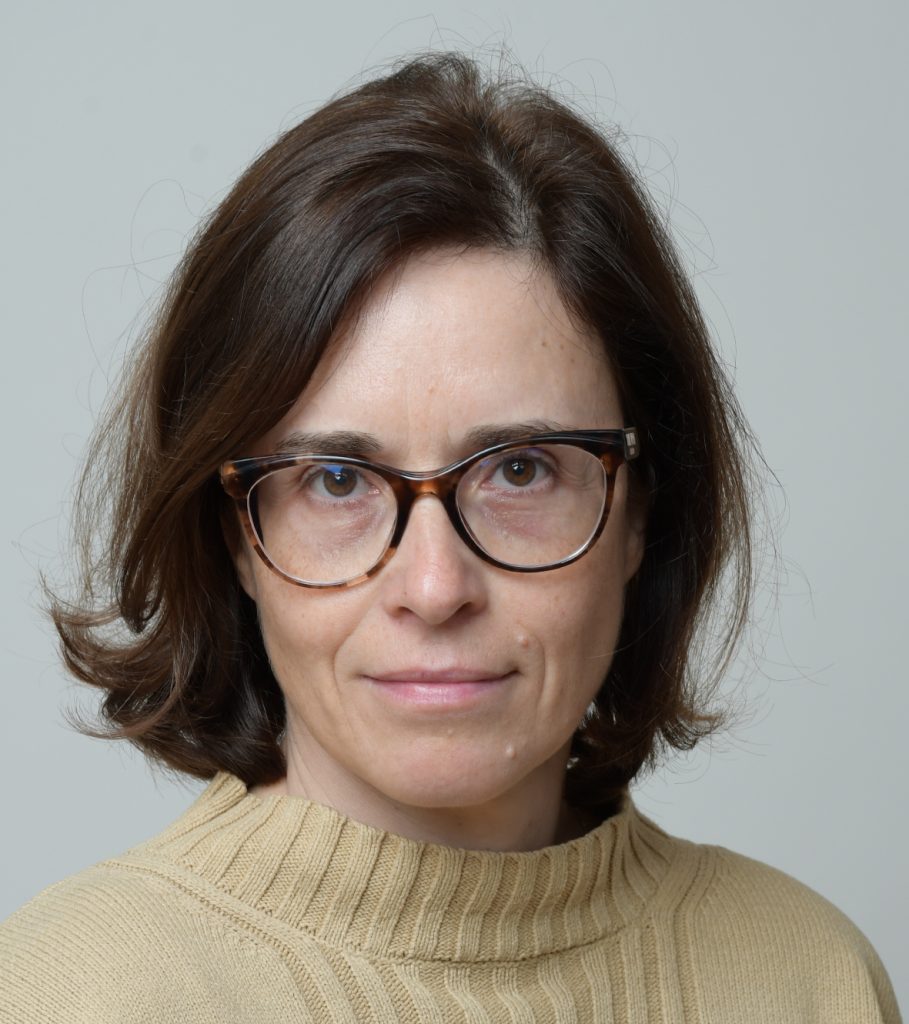
Andreja Benčan Golob
Jožef Stefan Institute, SI
Biography
Prof. dr. Andreja Benčan Golob received her doctorate in chemical engineering from the Faculty of Chemistry and Chemical Technology at the University of Ljubljana in 2002. She then completed postdoctoral studies at the Université de Limoges in France in 2003. Since 1998 she is working in the Department of Electronic Ceramics at the Jozef Stefan Institute. Since 2009, she is teaching at the Jozef Stefan International Postgraduate School in master's and doctoral programmes.
Dr. Benčan Golob is actively involved in structural studies of ferroelectric materials using various methods of scanning and transmission electron microscopy, with a particular focus on atomic-resolution scanning transmission electron microscopy (STEM). From 2022, she is the coordinator of a larger national project on the development of 4D-STEM and its application to energy-relevant materials down to quantum level.
Title
Addressing Challenges in 4D STEM Data of Ferroelectrics Using Machine Learning
Abstract
The functionality of ferroelectric materials relies on the distribution of polarization, particularly the spontaneous dipoles formed by the separation of positive and negative charges within the unit cell. Structural imperfections, such as point defects at cationic and oxygen sites, significantly influence the polarization direction and magnitude. Quantifying these parameters is crucial for tailoring material properties. By employing scanning transmission electron microscopy (STEM) equipped with the latest 4D STEM pixelated detectors, we aim to visualize polarization fields. This technology enables detailed observations of local strain/electric fields and charge density distribution. However, the complexity and volume of data generated by 4D STEM necessitate robust computational methods for efficient processing and analysis.
The current study on ferroelectrics is part of a larger Slovenian national project titled "4D STEM of Energy-related Materials down to Quantum Level." This project is dedicated to developing structural characterization through the integration of advanced electron microscopy techniques, particularly 4D STEM, with first-principles simulations and machine learning methodologies.